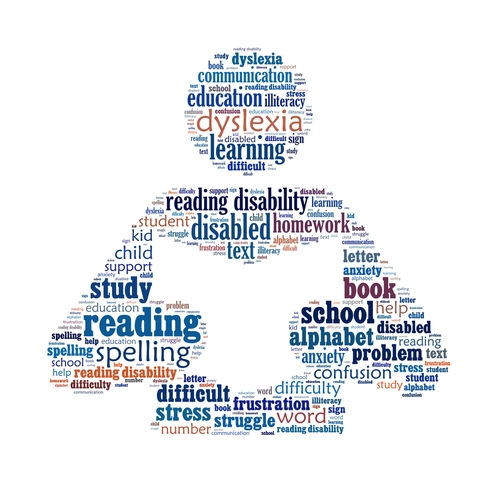An estimated 15 percent of Americans are affected by dyslexia, and nearly 2 million students in our public school systems struggle with reading because of dyslexia.
Dyslexia is a neurological learning disability characterized by difficulty with fluency or accuracy in word recognition, which may result in poor spelling and problems with reading comprehension. Dyslexia can be diagnosed as early as five years old. So it is vital that students receive help in reading especially in the elementary years to avoid struggles in middle and high school.
Importance of a Diagnosis
Before a student can receive help for dyslexia, they must first be recognized as having dyslexia by the public school. At their expense, schools are legally required to provide complete evaluation and testing for dyslexia to see if he or she qualifies for special education services. Legally, the school is also required to furnish both educational support and appropriate accommodations for students diagnosed as having any degree of dyslexia. If parents feel the testing is inconclusive, they can look for external testing at their own cost.
Testing and Evaluation
Dyslexia can only be formally diagnosed through a comprehensive evaluation conducted by a either a psychologist or reading specialist, usually administered in school. Parents should become familiar with the laws in their state, but most states do require some level of action on the part of the school based on results from testing and evaluation. The tests and evaluation will also identify the severity of dyslexia, also important in determining what accommodations will be offered to the student.
Special Education Services
Students with a diagnosis of dyslexia are categorized as having mild, moderate, severe or profound dyslexia, and this diagnosis determines the services provided to the student. Students with mild to moderate dyslexia may not qualify for to receive special education services, but schools still must provide educational support in some way. Students with severe to profound dyslexia will most likely be eligible for special education services and special accommodations, such as extended test-taking time.
Educational Support
Some schools furnish a specially trained teacher, reading specialist or tutor to students struggling with dyslexia. Federal law does require that students with dyslexia must, under specific circumstances, receive special help, such as extra time for tests and homework, specialized instruction, or assistance with note taking. If students do not qualify for special education services, students can still receive a 504 plan, which is a written accommodation plan to document the struggle and arrangements being made. If the accommodation plan is violated, parents can take action against the school.

